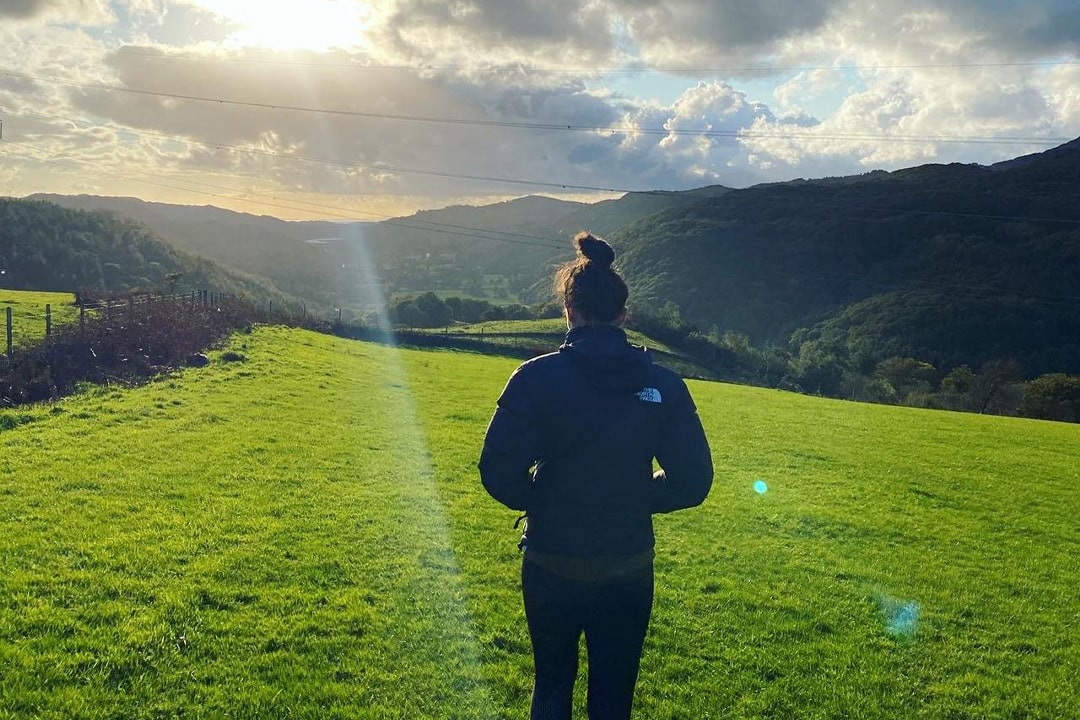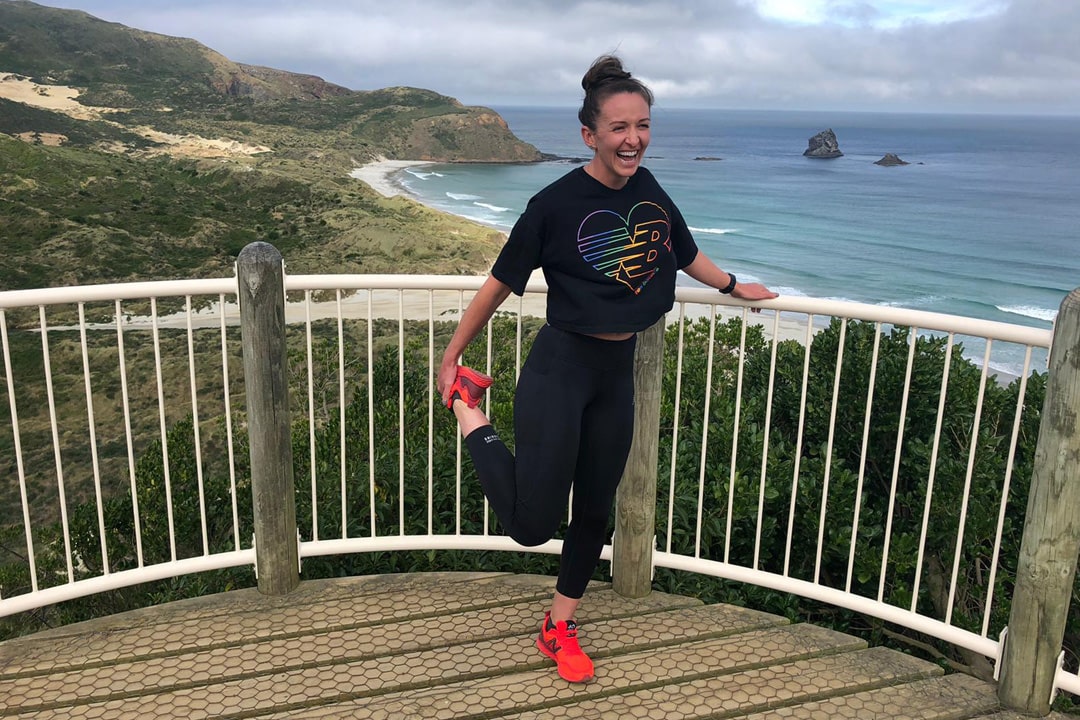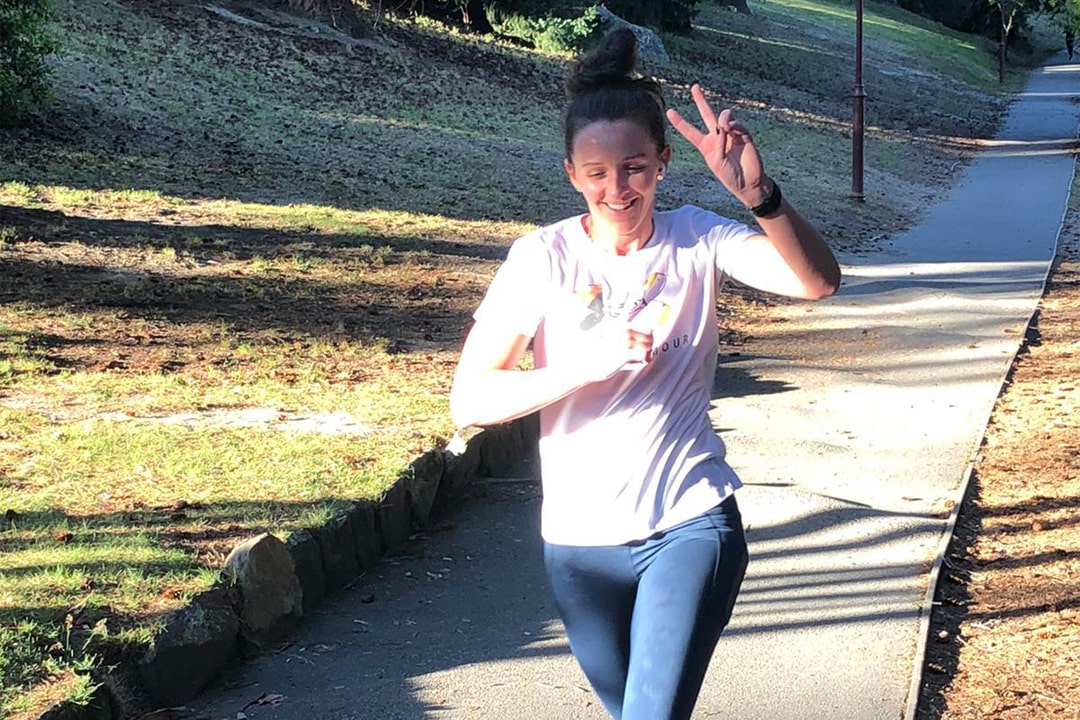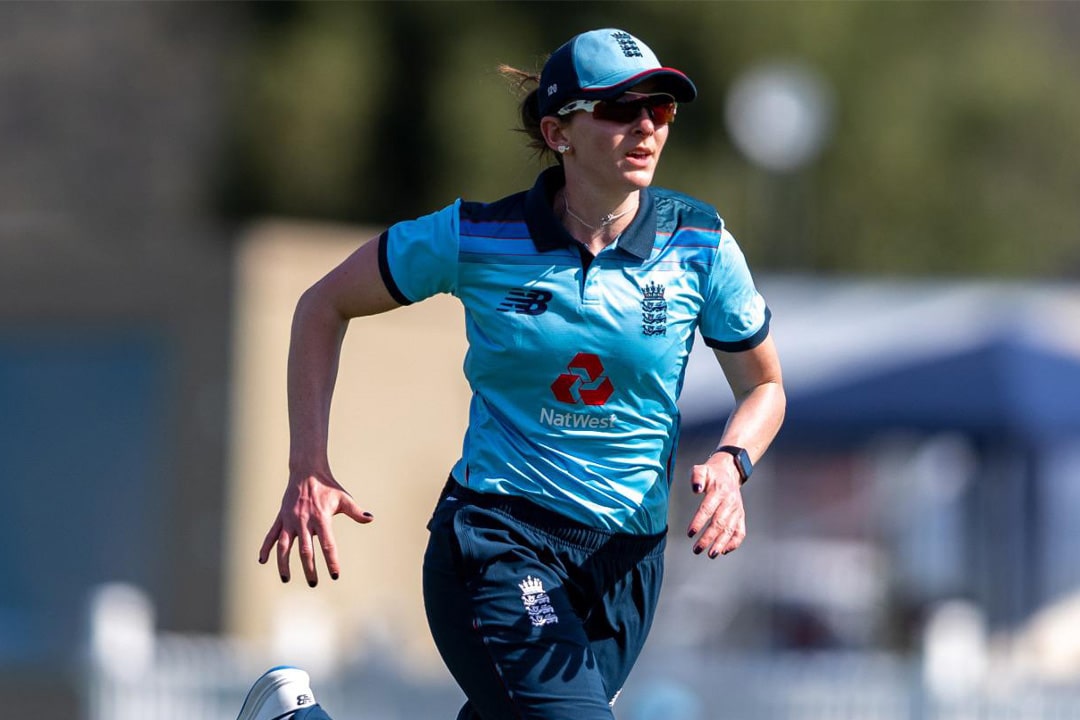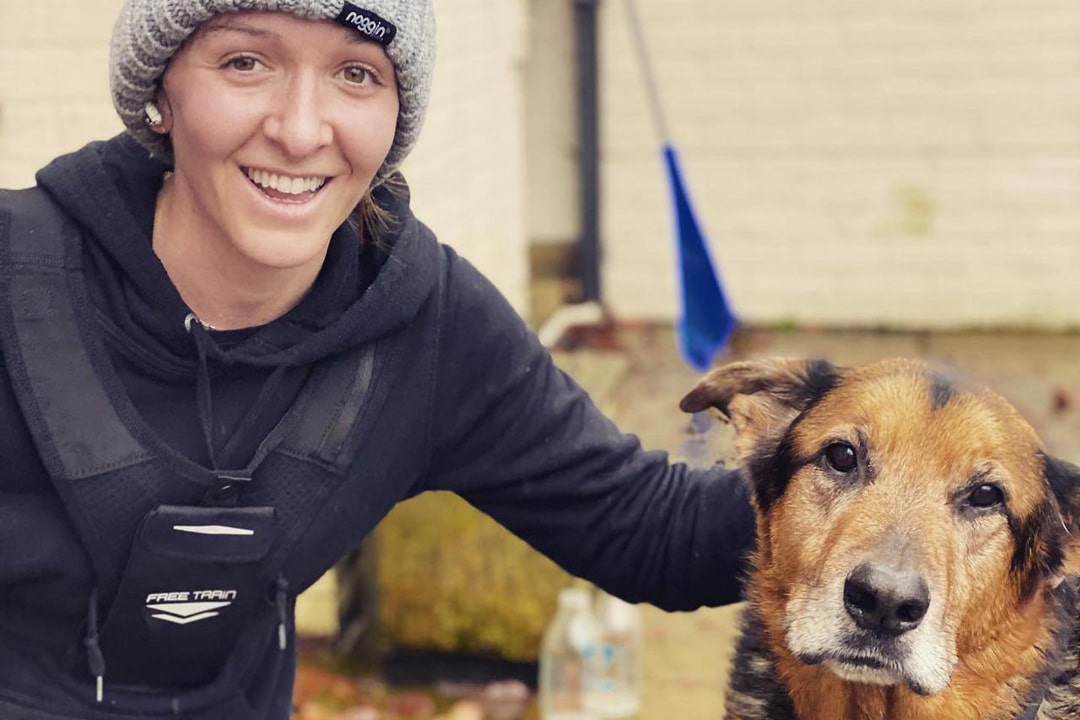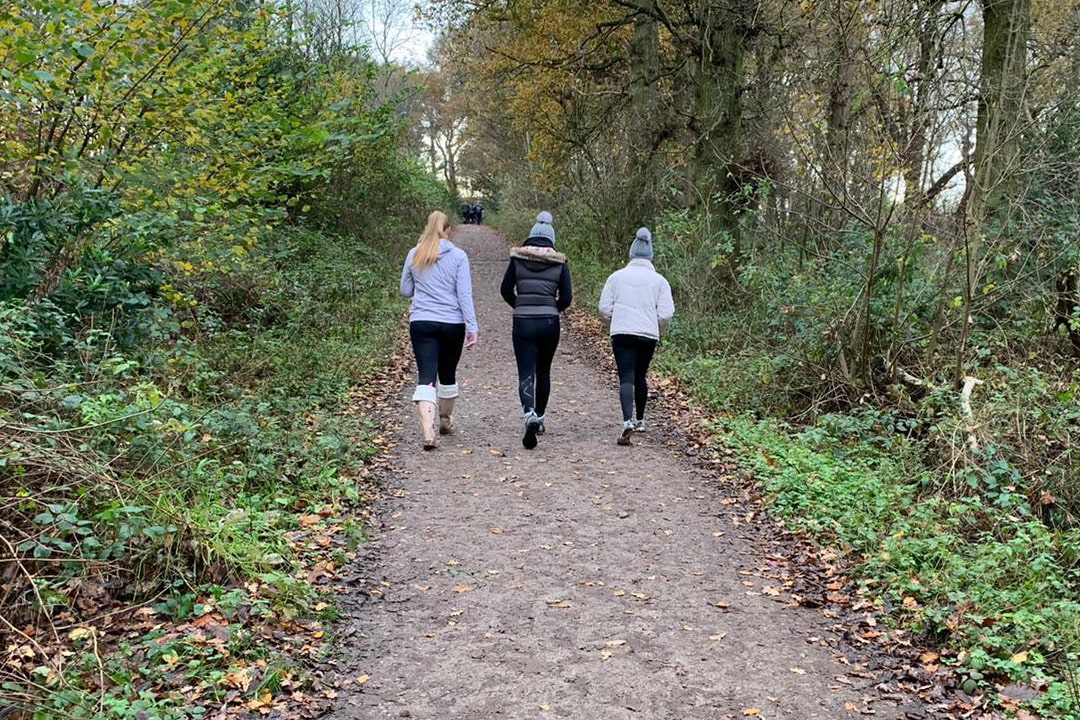PCA PRESS RELEASE
Kate Cross urges PCA members to open up during Mental Health Awareness Week.
To see more articles, click here
Kate Cross has urged current and former professional cricketers to speak openly and honestly about their mental health during Mental Health Awareness Week 2021.
The England Women international and PCA Players’ Committee member has enjoyed a hugely successful career in the women’s game. She was one of the first 18 female cricketers to turn professional in 2014 at the age of just 22, and has since made 44 appearances and counting for her country.
However, Cross has struggled with anxiety and depression throughout that journey, first opening up about her struggles in an interview with the BBC in August 2018.
Since then, Cross has become one of the most prominent figures across both the women’s and men’s game when it comes to talking about the issue of mental health in professional sport.
The 29-year-old regularly uses both her social media channels and media appearances as an opportunity to get more people talking about the impact that positive mental health can have.
To coincide with this year’s Mental Health Awareness Week, an annual national awareness campaign founded by the Mental Health Foundation, Cross spoke to the PCA about her ongoing battle with anxiety and depression, the impact that Covid-19 has had on her mental health and the steps that she takes to manage her own symptoms on a daily basis.
“The thing I’ve noticed with my mental health journey is how much it’s evolved,” Cross said. “I remember when I parked the breakdown that I had in 2016 and 2017. I thought I had got over it and naively believed that I was never going to have that bad an experience again, but that didn’t turn out to be the case.
“Everyone says to me that I have the best job in the world, and I absolutely do, but there’s so much of the behind-the-scenes stuff that people don’t see. They don’t see all the training and getting up at 6am on a really horrible, rainy Manchester day to go out running.
“One of the things that sets the women’s game apart from the men’s is that we train down in Loughborough every week, meaning I’m away from my friends, family and support bubble in Manchester quite a lot. That’s one of the differences that affects mental health in women’s cricket and it’s one of the biggest challenges that I’ve had to try and overcome.”
“I’ve never had an experience where I’ve spoken openly about mental health and the reaction hasn’t been overwhelmingly positive."
KATE CROSS
Spending long periods of time away from home is part of the job for almost every professional cricketer, but leaving friends and family behind can often have a detrimental effect on players’ mental health.
As Cross explains, her own situation was made more difficult by the Covid-19 pandemic and the subsequent introduction of bio-secure bubbles during England’s series against the West Indies last summer.
“There was certainly a massive upside to the bubble because we got international cricket on, but the downsides were definitely also there for us as players.
“I got really engrossed in the thought that I was going to let someone down if I left, even if I absolutely knew that I had to get out of there and our Head Coach Lisa (Keightley) was telling me to leave if I needed to.
“I remember having this inability to control my tears – I would get into my hotel room and just cry the entire time. That Derbyshire bubble last year was the worst that my mental health has been for four or five years – I couldn’t function or do anything.”
Recently, Cross shared a post reflecting on her difficult time spent in the bubble which garnered an overwhelmingly positive response on social media. She hopes that opening up about her own struggles, rather than using social media as a “highlights reel”, will encourage others to do the same and start taking positive steps for their own mental health.
“Finding that photo actually shocked me – I couldn’t remember taking it, which people who have struggled with mental health will be able to identify with. You go through these phases of not being that present. I took the photo to remind myself of what I was going through at the time.
“I wanted to put this picture out there because my social media is a highlights reel, seeing all the really good sides to being a professional athlete.
“I thought that I had been through a difficult time in that bubble and really struggled on the back of it. Although I talk about mental health all the time on social media, I had never actually shown people what it looks like, and I think there was something quite powerful about how it looked.
“I’ve never had an experience where I’ve spoken openly about mental health and the reaction hasn’t been overwhelmingly positive. I’m happy to talk about it openly and let people into that side of my life. The feedback I’ve always got is that it helps people, and if I can encourage one person to go to their GP and talk, it will always be worth it.”
Alongside speaking openly on the subject, Cross lists exercise, meditation and sleeping well amongst her main coping mechanisms when she is suffering from poor mental health.
The theme of this year’s Mental Health Awareness Week is nature, and the Three Peaks 2019 veteran has also stated her ambition to get out in the open air as much as possible in order to boost her own mental health.
“If you’ve struggled with mental health you’ll find that you pull yourself away from things that you enjoy, because you don’t feel like you deserve to have fun. When I’m at my best, I make sure that I’ve got something in my diary that I love.
“Exercising doesn’t have to be a 7km or 8km run, it can be a 10 or 15-minute walk as well. Getting outside and doing that is one of the biggest bits of advice that I can give people.
“The one beautiful thing that Covid-19 has done is to make people appreciate what they’ve got around them. I hope that’s something that people take forward because there’s so much nice stuff around to go and explore that people have right on their doorstep.”

